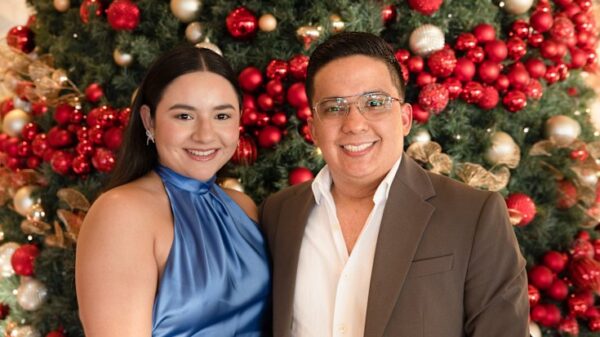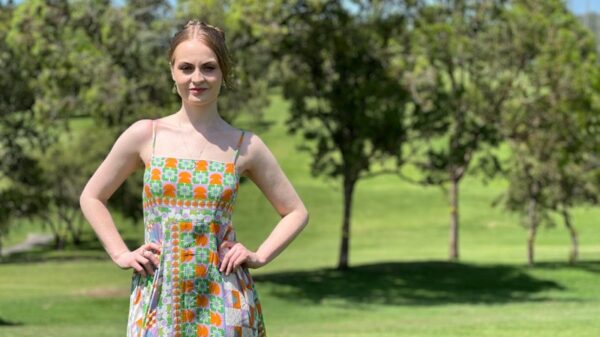UPDATE: A controversial pro-Israel summit set for September 2023 on the Gold Coast is igniting urgent ethical concerns among local government councillors across Australia. The Australian Mayors Summit Against Antisemitism (CAM Summit) promises all-expenses-paid attendance, but critics are raising alarms about the implications for local politics and governance.
The CAM Summit aims to promote the IHRA definition of antisemitism and advocate for bans on Boycott, Divestment, and Sanctions (BDS) against Israel. However, hundreds of letters have bombarded local councillors, urging them to boycott the event. Councillor Gideon Cordover from Kingborough, Tasmania, expressed his astonishment at what he termed a “hard sell” by the CAM movement, noting that he had never seen such a lavish offer in his six years on council.
Concerns are mounting as local government codes of conduct across Australia typically caution against accepting gifts that could influence decision-making. The summit’s agenda raises questions about potential conflicts of interest, especially since the invitation letters reference both “partners” and “sponsors.”
The presence of respected corporate lawyer David Gonski, who chairs the summit organizing committee, adds another layer of complexity. His involvement raises questions about the ethical implications of endorsing such a politically charged event while serving as Chancellor of UNSW.
The Australian Services Union (ASU) launched a campaign this week against the summit, highlighting troubling associations with the Israeli military and advocating for a united front against racism. Assistant branch secretary Phillipa Balk stated, “We urge all local government officials not to participate in this conference and to work together across their communities to fight racism in all its forms.”
So far, over 500 councils in Australia have been invited, with claims that 70 councils are involved. Yet, verification of these numbers has been elusive. While some councils have opted out, others, including Woollahra and Waverley in Sydney, plan to send delegations, raising eyebrows about the motives behind their participation.
Local governments are grappling with the fallout from these invitations. In Wollongong, a contentious council meeting debated whether Councillor Ryan Morris should accept the invitation, leading to heated discussions. Critics argue that the summit’s agenda focuses more on supporting Israel than addressing antisemitism.
Furthermore, the summit’s promotion of the IHRA definition has already sparked tangible consequences in communities, as seen with the Bendigo Regional Council, which faced backlash over cancelled events related to artists boycotting Israel.
Councillors from various parties are divided on the issue. The Greens have been vocal opponents, suggesting that the summit is less about combating antisemitism and more about safeguarding foreign interests. Amanda Cohn, NSW Local Government spokesperson for the Greens, stated, “This event may be more about protecting the interests of a foreign government than safety and inclusion for Jewish Australian communities.”
As the summit draws near, it remains to be seen how many local councillors will heed calls to boycott this controversial event. With strong reactions from both sides of the political spectrum, the ethical implications of accepting such an invitation are becoming increasingly critical.
Local communities are encouraged to stay informed and engaged as this story develops. Councillors facing dilemmas over ethics and representation must weigh their decisions carefully, as the fallout from the summit could have lasting impacts on their constituents.
For ongoing updates and community reactions, follow the conversation on social media and stay tuned for more developments as the CAM Summit approaches.





























































